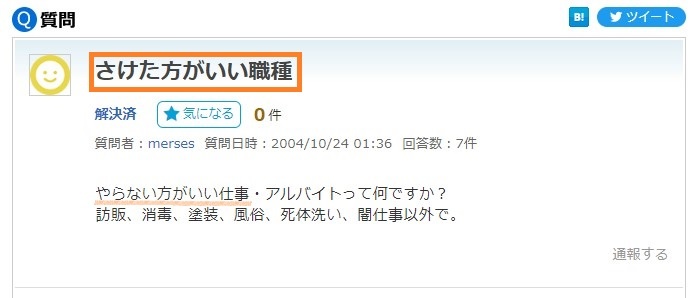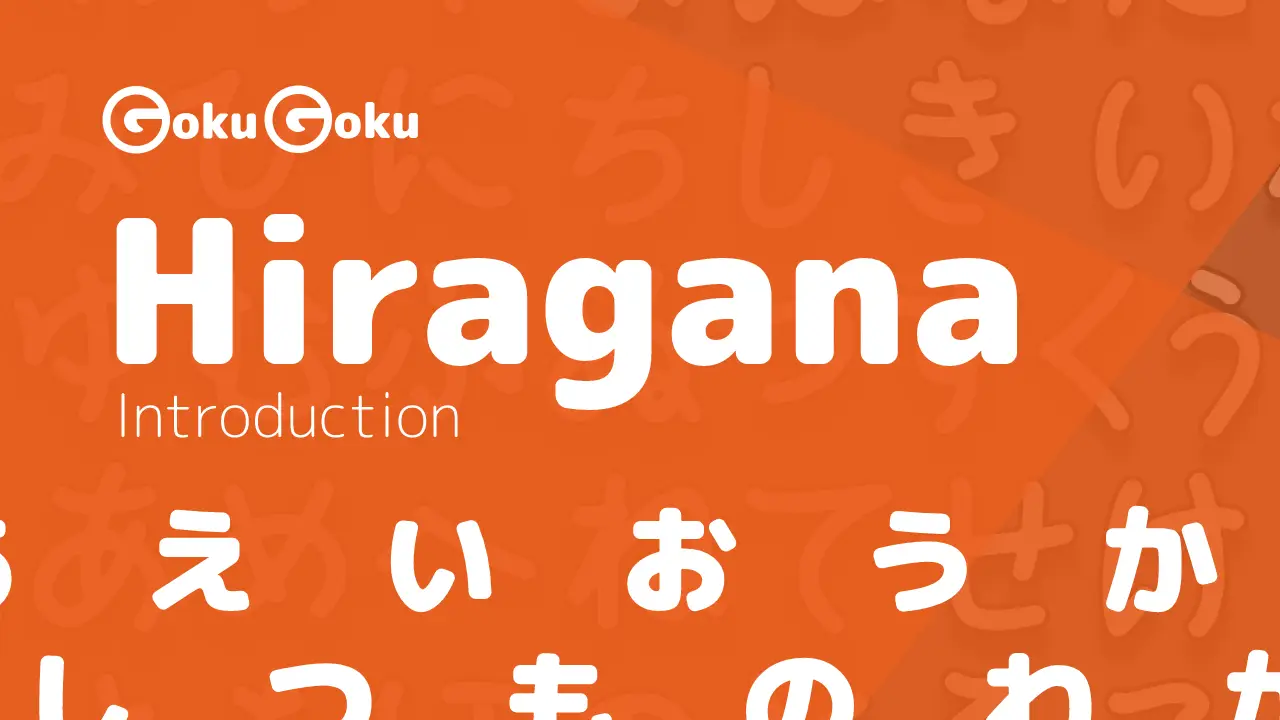た方がいい (tahougaii) Meaning Japanese Grammar - You Better Do
GokuGoku
Get in touch with meIs it better to do or not to do?
た方が良い (tahō ga ii) is used to indicate some action that it would be better if you do (or not do in its negative form with ない: ない方が良い).
We can translate the form as you better do and in the negative you better not do.
た方が良い indicates an advice to another person or what it would be better / appropriate to do given the circumstances in which you find yourself.
This form is formed with:
- For the affirmative form: Plain verb in the affirmative past tense + hō (ほ う) ga (が) ii (良 い) desu (です)
- For the negative form: Negative Plain verb in the present tense + hō (ほ う) ga (が) ii (良 い) desu (です)
早く寝た方が良いです。
It is better to go to sleep early.
コーヒーを飲みすぎない方が良いです。
It is better not to overdo with coffee.
Colloquial form of た方が良い
In the confidential or colloquial form the verb です (desu) is often omitted and the exclamation particles typical of conversation are also used.
明日テストがありますので早く寝た方が良いよ!
Tomorrow you have the exam, better if you go to sleep early!
Excerpt from a blog online discussing professions to avoid for various reasons:

さけた方がいい職種
Professions to avoid
In this sentence we find the form we have introduced in this post formed:
- by the verb 避ける in the plain form and affirmative past tense 避けた
- combined with the expression 方が良い or 方がいい: it is better to + verb The kanji 良い can be read いい or よい
- the title of the article is a relative clause that in Japanese is used before the noun it refers to
- さけた方がいい職種 the jobs to avoid
やらない方がいい仕事
Jobs that you shouldn't do
- In this case we have the negative expression: it is better not to...
- We use the negative plain verb in the present tense
Similar grammar points in Japanese 📚
から
から (kara) Meaning Japanese Grammar - Because
だけ
だけ (dake) Meaning Japanese Grammar - Only
たりする
たりする (tari suru) Meaning Japanese Grammar - Do Such Things as A, B Etc
ちがう
ちがう (chigau) Meaning Japanese Grammar - No
まだ
まだ (mada) Meaning Japanese Grammar - Still
ないでください
ないでください (naide kudasai) Meaning Japanese Grammar - Please Do Not Do

